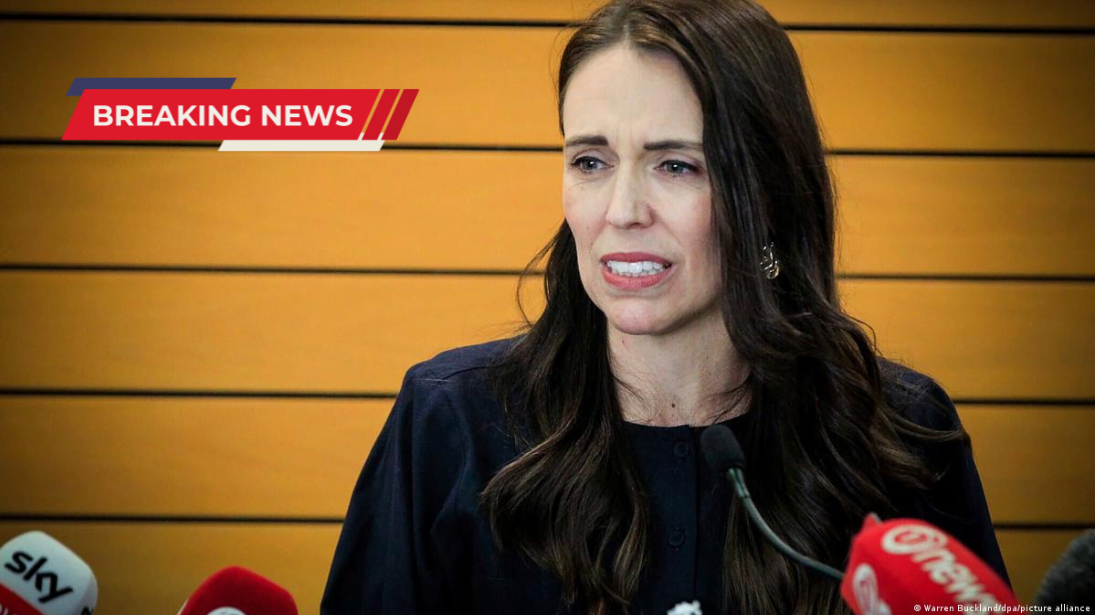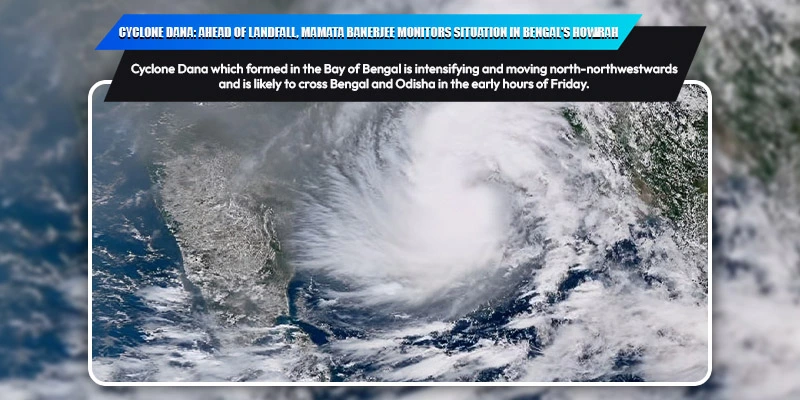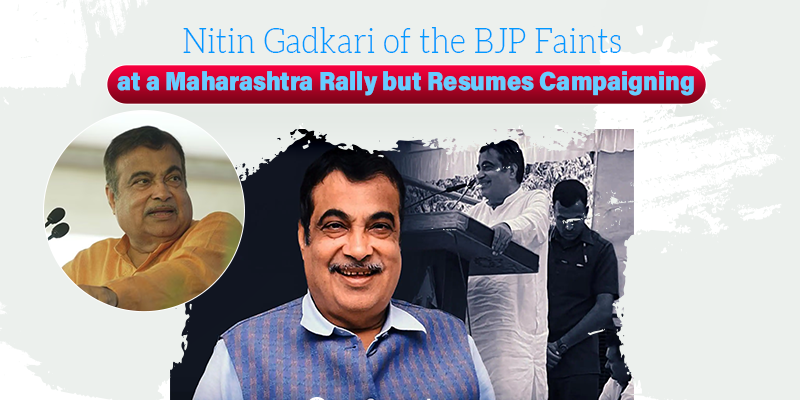
New Zealand PM Jacinda Ardern has said she is resigning, in a surprise statement that got here as she confirmed a national election for October this year.
At the celebration’s annual caucus meeting on Thursday, Ardern said she “did not have enough inside the tank” to do the task. “It’s time,” she stated.
“I’m leaving, because with such a privileged role comes responsibility. The responsibility is to know when you are the right person to lead and also when you are not. I know what this job takes. And I know that I no longer have enough in the tank to do it justice. It’s that simple,” she said.
Her time period as prime minister will conclude no later than 7 February, but she will continue as an MP until the election later these 12 months.
New Zealand Prime Minister Jacinda Ardern fought back tears as she declared that she might resign no later than early February. She also stated in a televised assertion on Thursday that she might now not be trying for re-election. A general election would be held on October 14, she said.
“While I won’t be contesting the election, I know the issues that impact New Zealanders most will remain the focus of the government through this year and into the election,” she said.
Ardern stated she nonetheless believes New Zealand Labor might win the upcoming election.
In Napier, where her Labor Party is convening a caucus meeting, Ardern informed reporters that she lacks the inspiration or stamina to run for re-election later in 2023. She also made it clear that October 14 would be the election day.
Also Read: Sushant Singh Rajput Death Reasons
“I have given my absolute all to being Prime Minister but it has also taken a lot out of me,” she said. “You cannot and should not do the job unless you have a full tank, plus a bit in reserve for those unplanned and unexpected challenges that inevitably come along. Having reflected over the summer I know I no longer have that bit extra in the tank to do the job justice. It’s that simple,” she said.
At the 2023 general election, Ardern would have been expected to run for a third term. But she might face a hard struggle as the electorate turned its attention far away from the pandemic and toward the skyrocketing prices of living and the awful economic situation. The central financial institution raised interest rates at an unprecedented pace to control inflation. That certainly tells a story and anticipates a recession this year.
In order to avoid a by-election, the New Zealand PM will continue to serve inside the legislature till April 2023. On January 22, the Labor caucus will vote to choose a new chief, with an aim of determining whether one candidate gets two-thirds of the vote. If no candidate receives so much support, the contest might be determined by way of the entire party membership. However, if this happens, it may conclude no later than February 7.










